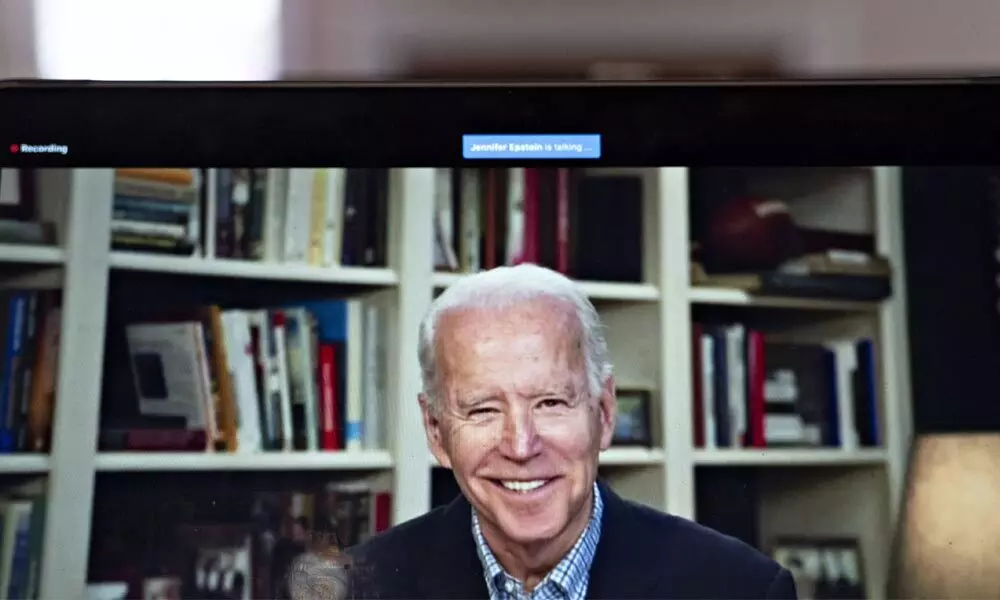Biden needs an innovation agenda
As a start, Biden should push to raise government investment in research and development. Federally funded research has been a crucial component of America’s scientific success, helping to produce everything from GPS to search engines to the internet itself
image for illustrative purpose

America's traditional leadership in technology is in danger. The government can help
From the cotton gin to the mobile phone, the US has produced some of the most useful inventions of the past three centuries. Yet by several measures, its traditional leadership in science and technology is now under threat. As Joe Biden's administration gets underway, reviving American ingenuity should be among his top priorities.
As a start, Biden should push to raise government investment in research and development. Federally funded research has been a crucial component of America's scientific success, helping to produce everything from GPS to search engines to the internet itself. In recent years, almost one-third of patents granted have relied on it. Yet federal R&D spending as a share of GDP has stagnated at about 0.7 per cent over the past three years, down from a historical average of 1.1 per cent.
Reversing this worrying trend will cost a lot - about $240 billion annually, up from $164 billion last year. But few steps are more essential for boosting innovation, productivity and competitiveness. Innovation also has a vital role to play in shifting the economy to clean energy, which Biden has rightly emphasised. His plan for a cross-agency research team, dubbed ARPA-C, to investigate far-out energy technologies is on the right track. Pairing such investment with better incentives for private-sector R&D (using subsidies or more generous tax credits) would help boost jobs, incomes and economic growth. Prioritising breakthrough technologies like artificial intelligence and quantum computing, meanwhile, would go a long way toward sustaining American leadership in the industries of the future.
Another priority should be improving digital literacy across the government. Expanding successful programmes such as the 18F office and the US Digital Service, which act as in-house tech consultancies for federal agencies, would help. Biden should also consider adding an office within the White House to evaluate how proposed regulations would affect innovation. Such efforts should help rationalise government tech policy, lure more talented workers into public service, and ensure that promising businesses aren't burdened by misguided new rules.
Finally, a critical ingredient in Silicon Valley's success over the years has been openness to immigration. Yet the country is squandering its traditional advantages in this regard. Although foreign-born students now make up half or more of US doctoral graduates in critical fields such as engineering, math and computer science, the government offers no permanent visa for them and the previous administration spent four years devising new ways to antagonise them.
Promisingly, Biden has pledged an immigration overhaul starting on his first day. But the details - and his commitment to them - will prove decisive. To boost US competitiveness, he should increase visas for skilled workers and prioritise applicants with in-demand STEM skills; exempt international graduates of US schools with advanced science degrees from the cap on green-card allotments; and offer a startup visa for entrepreneurs who create new jobs.
Taken together, such steps would help America remain a beacon for the world's best scientists, engineers and technologists. Innovation has powered the American economy for decades, but it doesn't occur by magic. As Thomas Edison, inventor extraordinaire, famously held, it's mostly hard work. Biden's administration should keep that in mind, and get to it. (Bloomberg)

